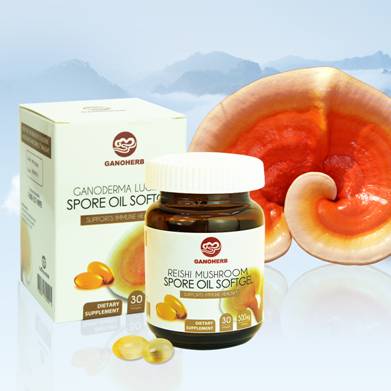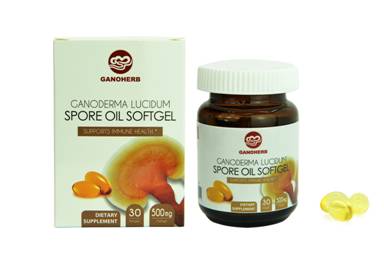Four major points of late management of peanuts
First, prevent premature aging
Peanuts from the clams to the full-fruit period are in need of water and fertilizer. Insufficient supply of water and fertilizers can cause poor plant growth, poor growth, yellow leaves, and premature senescence, resulting in reduced green leaf area of ​​peanuts, decreased photosynthetic capacity, and nutrient production. Less, the accumulation of dry matter decreases, and the speed of transportation to the pods slows, affecting production. Due to lack of fertilizer due to premature aging, the field should be sprayed with 0.3%-0.4% potassium dihydrogen phosphate plus 1% urea solution for 50 kg per 667 m2 of root during the fruiting period from fruiting to full fruiting. The best spraying time is on sunny afternoons. After 4:00, spray once every 10 days, usually spray 2-3 times, can effectively add nutrients to prevent premature aging. For drought-induced premature catastrophic fields, irrigation should be added in time to meet the water demand of peanuts, promote the absorption and transport of nutrients, increase the accumulation of dry matter, and increase production.
Second, defensive leader
When the peanuts are full, the vegetative growth gradually decreases, nutrients transfer to the pods, and dry matter accumulates rapidly. However, due to various factors, such as temperature, rain, light, and excessive nitrogen fertilizer application, peanuts stems and leaves are long, prematurely sealed, and the fields are closed. They consume large amounts of nutrients, inhibit fruit dry matter accumulation, and affect yield. Therefore, for peanuts with an imperishable trend, measures must be taken to suppress vegetative growth and promote reproductive growth, which will have a significant effect on improving peanut production.
Third, prevent water accumulation
Peanuts have the characteristics of “magpie heavens, not glutinous rice†and “dry ground, no needles, and wet ground and no granulationâ€. Especially in the later stages of peanut growth, the peanut field must not have accumulated water. In case of rain or continuous rain, it is necessary to drain water in time to prevent accumulation of water, so that the humidity in the field is too large, the stems and leaves are long, the soil is poorly ventilated, and the roots and pods are affected, and it is easy to cause a lot of rotten fruit or germination and reduce the yield and quality. To grow peanuts in plots with high groundwater levels, high-riding cultivation or digging drainage ditch must be implemented to reduce the water level.
Fourth, prevent pests
The most important disease in the later stage of peanut is leaf spot disease. The chlorophyll in the damaged leaves is destroyed, and the light and function are reduced, resulting in early defoliation, affecting dry matter accumulation and fruit ripening, generally reducing production by 15% to 20%, and severely reducing production by more than 40%. In prevention and control, 1:1:300 times Bordeaux mixture should be sprayed for prevention 1-2 times before onset. In the early stage of disease, 50% carbendazim WP 800 times solution can be used for prevention and treatment. The main pests in the later stages of peanuts are ground pests, which are mainly maggots, and should be controlled in time. Late locust occurrence, when the pest rate reached more than 5%, can be used 10% imidacloprid WP spray control.
Ganoderma Lucidum Spore Oil Softgel (Reishi mushroom spore oil softgel) uses organic shell-broken Ganoderma spore powder as ingredients, combined with our patented supercritical CO2 extraction technology, making it the ultimate Ganoderma dietary supplement product on the market with the highest purity.
When it comes to dietary supplement product, safety is always the top priority. Our Ganoderma ingredient comes from our self-built Ganoderma farm, which has acquired 4 organic certifications from China, Japan, the US, and the EU. We make sure every step of the whole process is safe and traceable without any kind of contamination.

The supercritical CO2 extraction technology uses liquefied CO2 as a solvent to dissolve spore oil from shell-broken spore powder under hyperbaric environment. After CO2 evaporates, it is left with pure Reishi Spore Oil. This method makes sure that no chemical reagent will be left in the spore oil during the extraction process while still maintaining the highest purity. The triterpenes content in this product is as high as over 20%.

Ganoderma spore oil is great for people with severe chemical liver damage due to long-term drinking and high pressure. It also assists cancer treatment and helps reduce the side effects from chemo and radiotherapy and greatly increase the level of immune cells. Reports have shown that Ganoderma Oil can inhibit the growth of internal and external tumor, with a success rate of 56.3%.
Recommended dosage: 2 times a day, 2 capsules each time.
Ganoderma Lucidum Spore Oil Softgel,Reishi Spore Oil,Ganoderma Oil
Ganoherb International Inc. , http://www.ganoherb.us